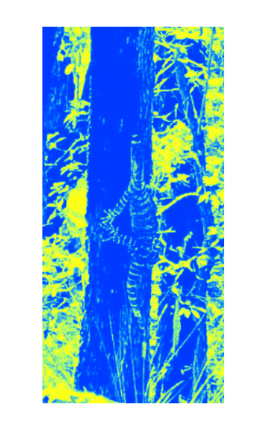Conjunctions
A CONJUNCTION IS A WORD THAT CONNECTS OTHER WORDS, PHRASES, CLAUSES, OR SENTENCES. There are several different types of conjunctions in the English language, including: Coordinating conjunctions: (e.g., "and", "but", "or", "nor", "for", "so", "yet")Subordinating conjunctions: (e.g., "after", "although", "as", "because", "before", "if", "since", "unless", "until", "when", "while")
Correlative conjunctions: (e.g., "both...and", "either...or", "neither...nor", "not only...but", "also", "whether...or")
Conjunctive adverbs: (e.g., "however", "therefore", "meanwhile", "furthermore")

Coordinating Conjuntions
THE SIMPLE, LITTLE conjunctions called coordinating conjunction ("and", "but", "or", "yet", "for", "nor", "so") are some of the most common words in the English language. Without them, it would be difficult to make more complicated sentences. For example:I wanted to go for a walk, but it was raining.
Do you want to go to the park or stay at home?
Subordinating Conjunctions
ALSO KNOWN as subordinators, these conjunctions link an independent clause with a dependent clause, establishing a relationship where one clause becomes dependent on the other. The subordinator indicates that the dependent clause has information to the main idea of the sentence. It could show a cause-and-effect relationship, or that to events happened at the same time, or at different times. When the word "when" is used as a conjunction, it means "at the time that..." It creates a subordinate clause and needs a main clause to complete it. Unlike coordinators, subordinators do not give equal emphasis to the ideas that they connect. The clause which begins with a conjunction - the dependent clause - receives less emphasis. "If" is one of the most powerful conjunctions, and it creates conditional clauses. "Unless" and "provided" are some other conjunctions.Correlative Conjunctions
"Either" means one of two. "Neither", on the other hand, means "none of two". One of my Japanese students wrote this sentence: "For example, there was the most demand on books until 2000, and the figure was 50% in 1995 and 43% in 2000." "Until" is a conditional conjunction, whereas "before" is not.For example: "Do not let your feet start moving before the gun fires, then give it everything you've got..."




Can't open random/book_lesson
No files in directory to display.
Can't open random/copyright
No files in directory to display.
Can't open random/donations
No files in directory to display.
